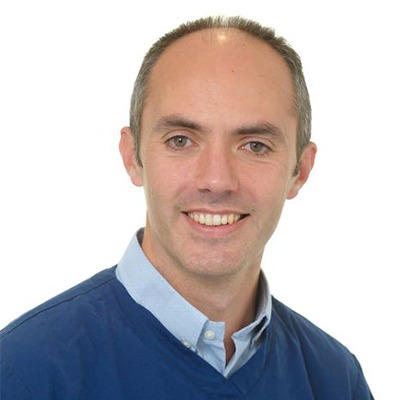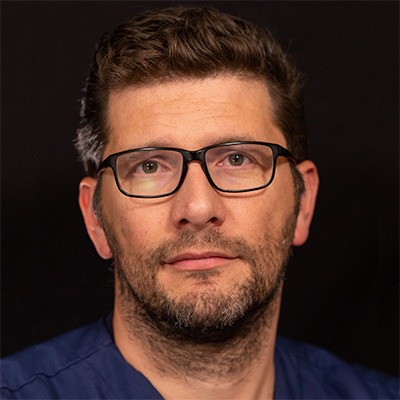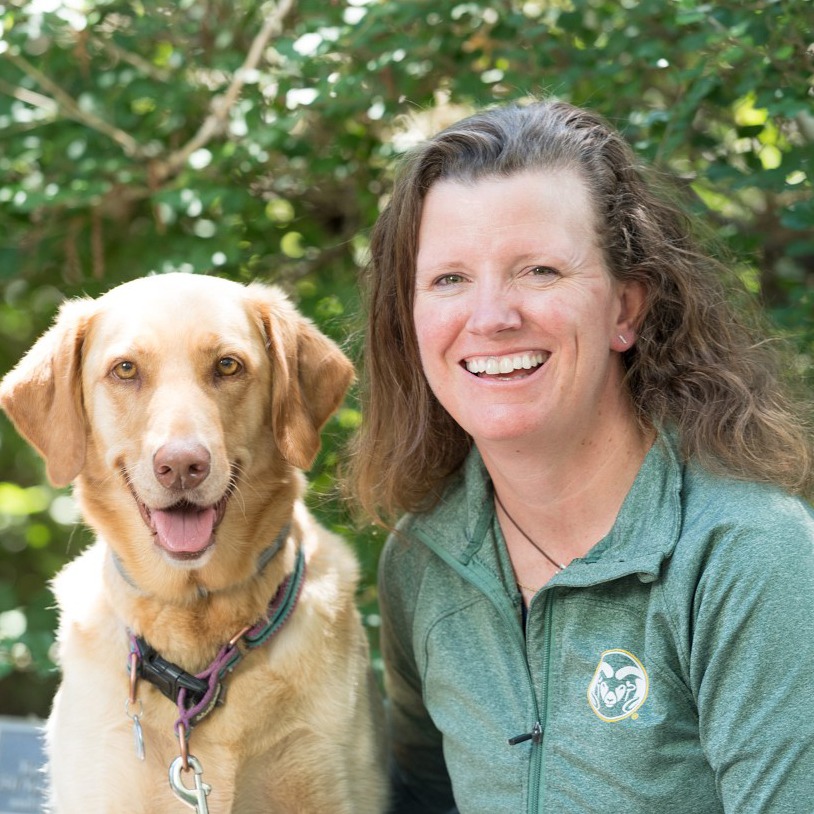Closing the gap - Diaphragmatic Hernia Repair Case Studies
Species
Small Animal
Contact Hours
3 Hours - RACE Approval Pending
Early Booking Deadline
Sat, 13 July, 2024
Registration Deadline
Thu, 01 August, 2024
Language
English
Discipline
Anaesthesia & Pain Management
Diagnostic Imaging
Emergency & Critical Care
Internal Medicine – Endocrinology, Haematology, Infectious Diseases, Parasitology & Oncology
Pathology - Clinical & Gross
Surgery
Toxicology & Pharmacology
Industry Partners
Global

Veterinary Partners
Global


Time: London 6PM / Paris 7PM / New York 1PM / Sydney 5:00AM (+1)
Panelists:
Luis Campoy LV CertVA, DECVAA, MRCVS - Cornell University, USA
Tim Charlesworth MA, VetMB, CertSAS, DSAS (Soft Tissue), FRCVS - Eastcott Veterinary Referrals, UK
Kris Gommeren DVM, MSc, PhD, DECVIM, DECVECC - Liège University, Belgium
Moderator:
Catriona MacPhail DVM, PhD, DACVS - Colorado State University, USA
PANEL DISCUSSION DESCRIPTION
Although not seen daily, a case with a diaphragmatic hernia can be challenging, either as an acute emergency or as a chronic compromised patient that needs attention. Diaphragmatic hernias can be congenital or acquired, typically resulting from trauma. A congenital diaphragmatic hernia is a developmental defect leading to respiratory distress in neonates, with significant morbidity and mortality despite advancements in care. Acquired diaphragmatic hernia can present variably, from mild symptoms to life-threatening complications like intestinal incarceration and strangulation, necessitating prompt surgical intervention. Diagnostic imaging, sometimes including computed tomography scans, is crucial for both types, and treatment involves stabilisation followed by surgical repair, sometimes utilizing minimally invasive techniques or mesh reinforcement for large defects.
Join our international world-renowned multidisciplinary panel of specialists as we discuss and debate identifying the diaphragmatic hernia, evaluating the patient, and implementing an appropriate interprofessional approach when managing this condition. We will explore the concerns regarding safe anaesthesia after stabilisation, optimal ventilation techniques and the range of surgical options and techniques. We will then delve into how to mitigate the potential complications and what to expect in the post-operative period.
Join us for what promises to be an in-depth fascinating panel discussion which will include real cases where questions will be welcomed.
Dr. Campoy is a Clinical Professor and Section Chief of Anesthesiology and Pain Medicine at Cornell University College of Veterinary Medicine. A native of Spain, Dr. Campoy received his veterinary degree from Universidad de Zaragoza (Spain) in 1995. After some time in private practice, he completed an internship at the aforementioned University. Subsequently, Dr Campoy completed his residency in Anaesthesia and Intensive Care at University College Dublin (Ireland). He attained diplomate status from the European College of Veterinary Anaesthesia and Analgesia in 2004. Dr. Campoy also holds a Certificate in Veterinary Anaesthesia of the Royal College of Veterinary Surgeons.
Research interests for Dr. Campoy are focused on locoregional anesthetic techniques for all species with a focus on dogs and horses. He has co-authored numerous peer reviewed publications on this topic as well as some of the leading texts in locoregional anesthesia.
More InfoTim qualified from Cambridge University in 2001 and joined Eastcott in 2003. He gained the RCVS Certificate in Small Animal Surgery in 2006 and then completed an alternate route residency towards the RCVS diploma in small animal, soft tissue surgery (DSAS-ST). Tim passed the diploma exams in 2012 becoming the first vet from general practice to gain this qualification which is widely regarded as the highest level of specialist qualification in this field.
Tim became an RCVS recognised specialist in 2013 and now works purely as a referral soft tissue surgeon with a particularly interest in minimally invasive surgery, advanced wound reconstruction, ENT and oncological surgeries. He is a committee member of the Association for Veterinary Soft Tissue Surgery (AVSTS) and is currently heavily involved with post-graduate surgical training in the UK.
Tim actively contributes to the veterinary literature and also helps review new submissions to some peer-reviewed journals. He is currently chief examiner for the RCVS CertAVP and has also previously examined for the RCVS Diploma in Small Animal Surgery. Tim is an examiner and current chairman of the academic board for the International School of Veterinary Postgraduate Studies (ISVPS). In 2021, Tim was made a Fellow of the Royal College of Veterinary Surgeons for his meritorious contribution to clinical practice.
Kris Gommeren graduated in 2002 at Ghent University, where he performed an internship and a residency in internal medicine. He became a diplomate in internal medicine in 2009, and briefly worked in a private referral practice, before moving to Liège University, where he is in charge of the ECC-service. Kris is past-president of the European Society of Emergency and Critical Care (EVECCS). He obtained his PhD on the effects of systemic inflammation on the cardiovascular system. In 2017 he became Diplomate in Emergency and Critical Care. He is the co-founder of VECCUS the Veterinary Emergency and Critical Care UltraSound interest group.
More InfoDr. MacPhail is a Professor of Small Animal Surgery at Colorado State University (CSU) Veterinary Teaching Hospital. After receiving her veterinary degree from Texas A&M University, Dr. MacPhail completed a rotating internship, surgical residency, soft tissue & surgical oncology fellowship, and PhD all at CSU. Dr. MacPhail has been on faculty at CSU since 2004. She is a Diplomate of the American College of Veterinary Surgeons (ACVS), and ACVS Founding Fellow in Surgical Oncology. Dr. MacPhail is a frequent speaker at national and international meetings, has authored numerous journal articles and book chapters. She is also a major contributing author for the 4th and 5th editions of Fossum’s textbook, Small Animal Surgery. Dr. MacPhail’s primary clinical and research interests include trauma, wound care and reconstruction, upper and lower respiratory surgery, gastrointestinal and urinary surgery, minimally-invasive surgery, and surgical training of the veterinary student
More InfoQualified Vet
Online Panel Discussion
USD 95.00
Intern/Resident/PhD (Requires proof of status)
Online Panel Discussion
USD 75.00
Vet Nurse/Vet Tech (Requires proof of status)
Online Panel Discussion
USD 75.00
Veterinary Student (Requires proof of status)
Online Panel Discussion
USD 40.00
Non-veterinary Attendee
Online Panel Discussion
USD 75.00
If the options you are looking for are unavailable, please contact us.
No tax will be added unless you are a UK taxpayer
Choose currency at checkout

 Thu, 14 November, 2024
Thu, 14 November, 2024
 06:00 pm - 09:00 pm
(Your Local Time Zone)
06:00 pm - 09:00 pm
(Your Local Time Zone)

















